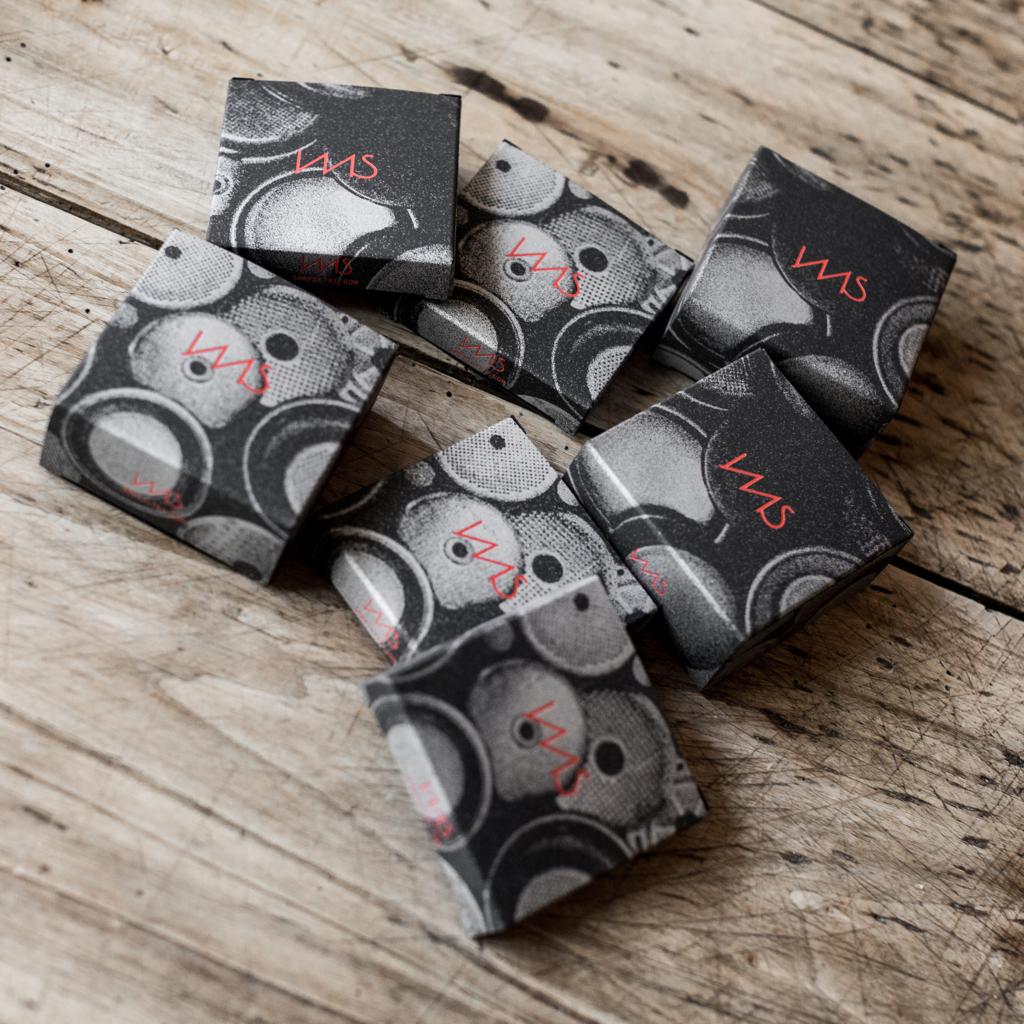The idea of the competition filters was born from Nuova Simonelli’s request to have high-performance filters to homologate their coffee machine for the World Barista Championship in 2011.
To obtain approval, the filters, as well as all the machine components, required certain precision parameters verified by Mr. Vince Fedele who in those years had studied a machine for scanning filters and started to define a method to define the extraction of espresso by testing the TDS (dissolved solids).
IMS immediately took up the challenge and produced the filters which were approved by the WBC for Simonelli and subsequently also for other coffee machine manufacturers who requested it.
IMS then studies how to obtain extremely precise drilling, which diameter of the holes was the optimal one to emphasize extremely fine coffees treated from samples with machines of the highest technological quality available at that time and therefore a phase of great ferment and experimentation begins of maximum performance in collaboration with Baristas/Champions, experts and coffee machine manufacturers.
IMS then arrives at the market launch of its own line of high-end filters called IMS COMPETITION by exploiting the experience gained for the homologation but not stopping at the study of drilling but also deepening new polishing techniques and studying new shapes to look for the type of most suitable filter for each coffee.
But how is a Competition filter made today?

First of all, what distinguishes an IMS filter in general is the conical and non-pyramidal drilling (exclusive and patented).
In a Competition filter, the diameter of the holes designed to reach the optimum is 0.30 mm and the precision of the drilling is very high, furthermore the total open area of the holes is controlled (i.e. the passage of light) which is the real parameter that determines the performance of each filter with a specially designed high-resolution machine.
Each piece is laser marked with the code, the writing IMS Competition and a production lot number which identifies the complete traceability in each step going back to the production casting of the steel that composes it, in addition of course to the Made in Italy.
Then the filter is made electropolished to make the surface much more shiny smooth and non-stick, improving the delivery.
Electropolishing is a chemical process but this technology will be explained in depth in a future specific article dedicated to technologies, so stay tuned.
After this step, the filters are washed in distilled water and dried, once they return to IMS they are checked one by one and boxed in the famous black and silver BOXES, now a hallmark of the brand.




